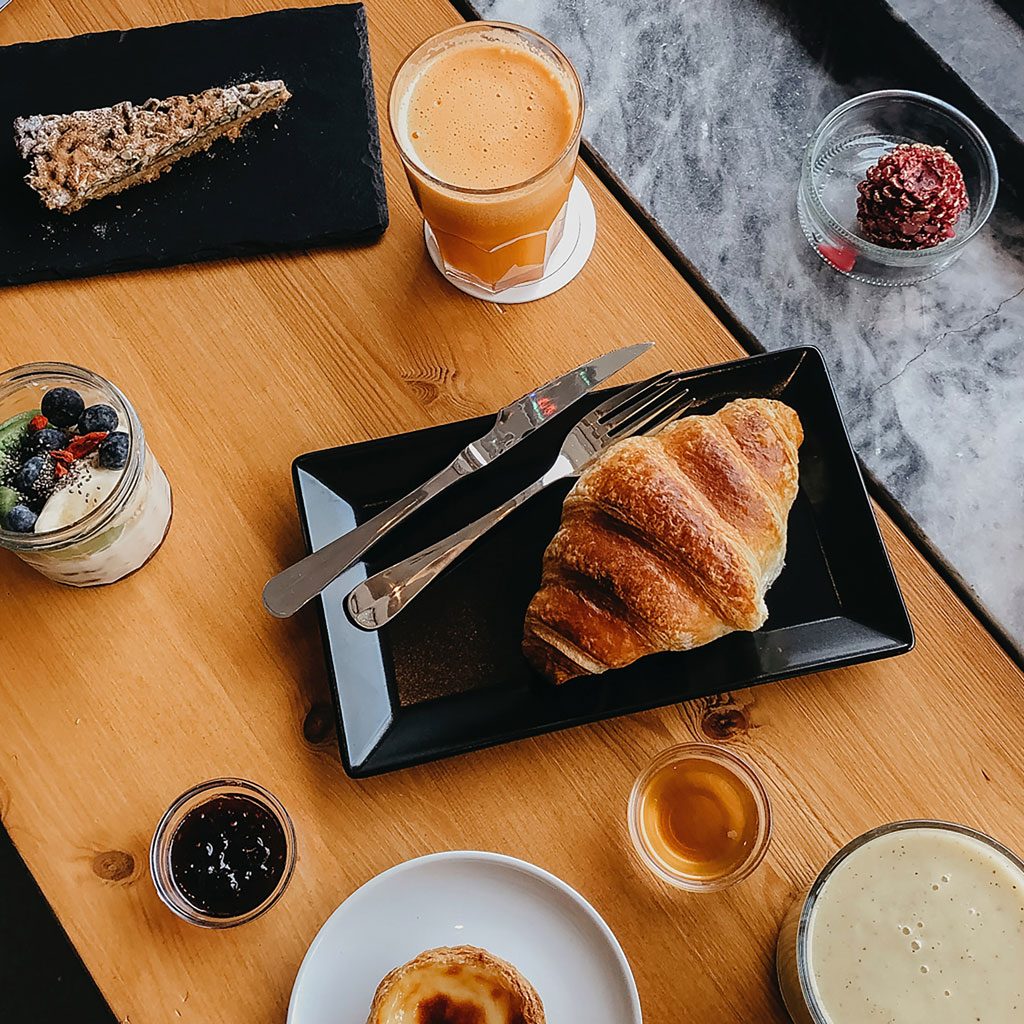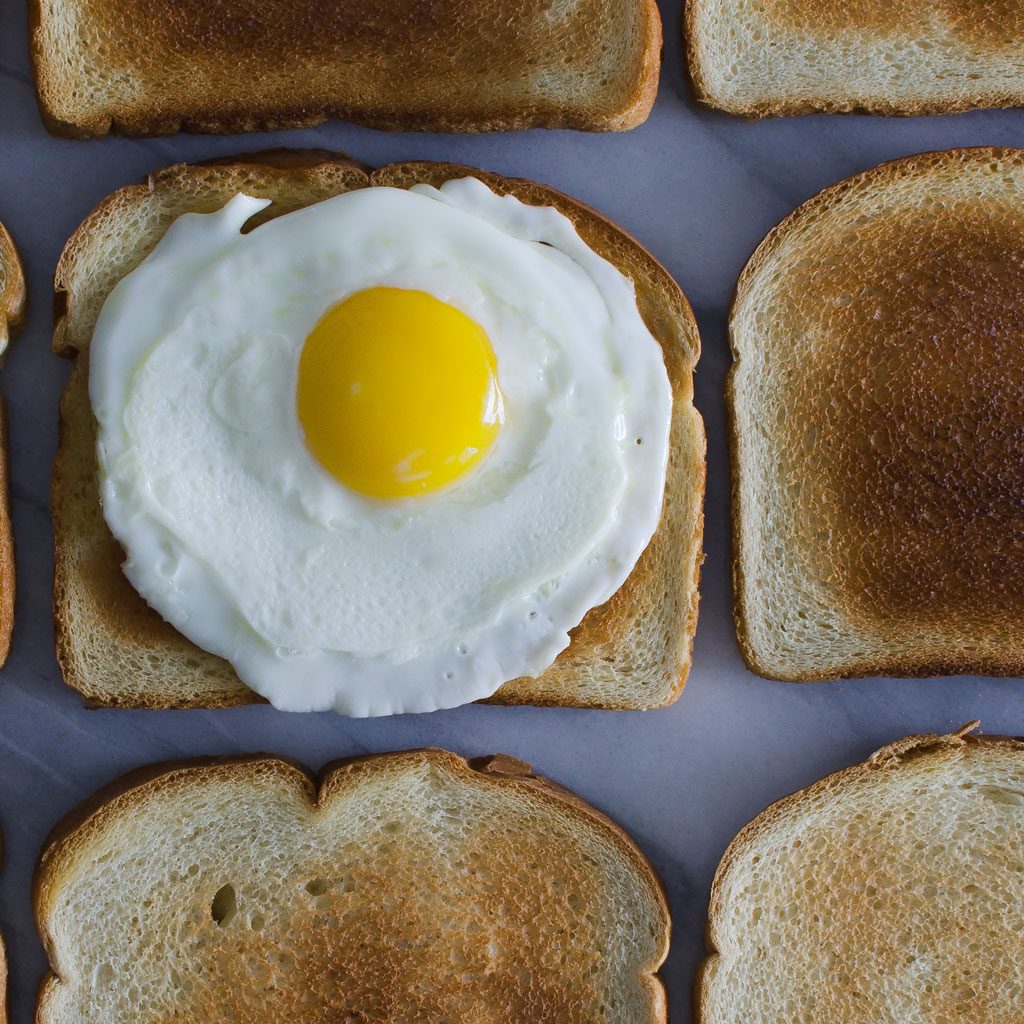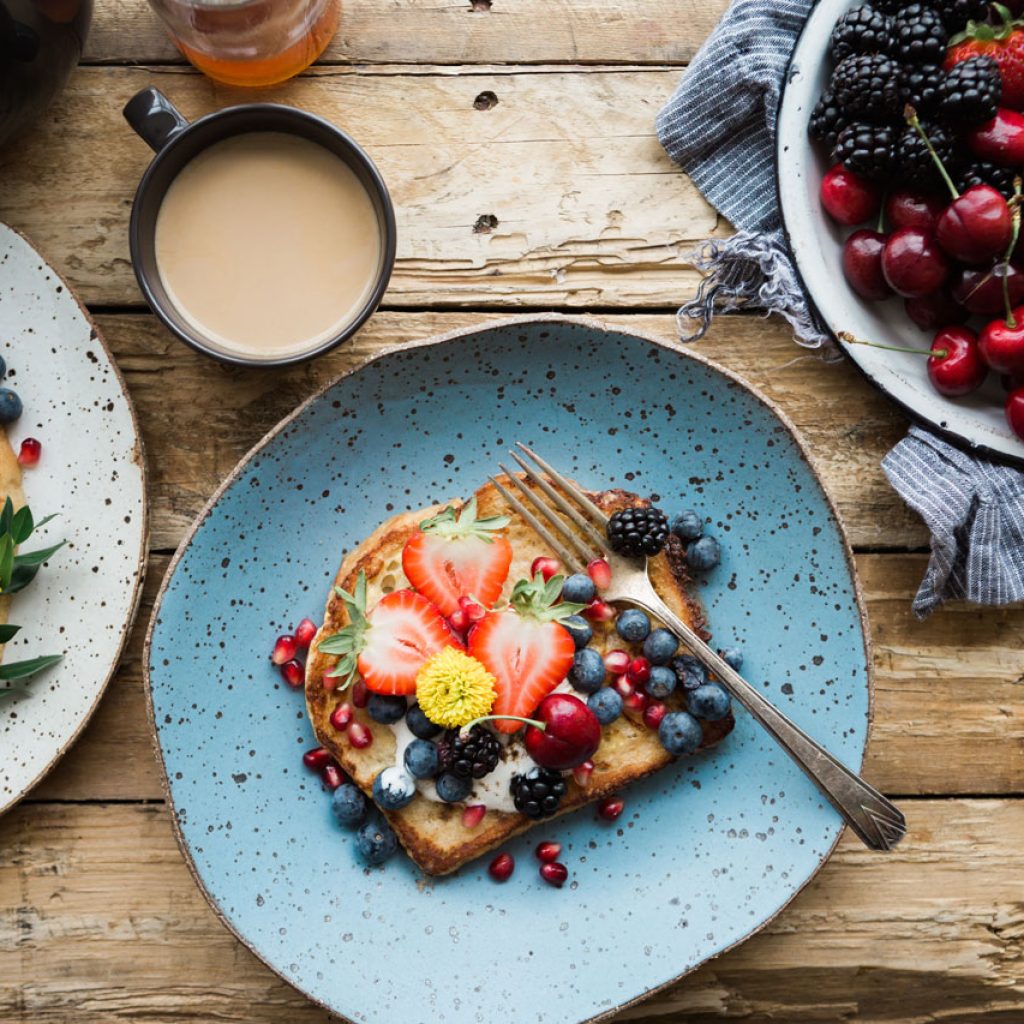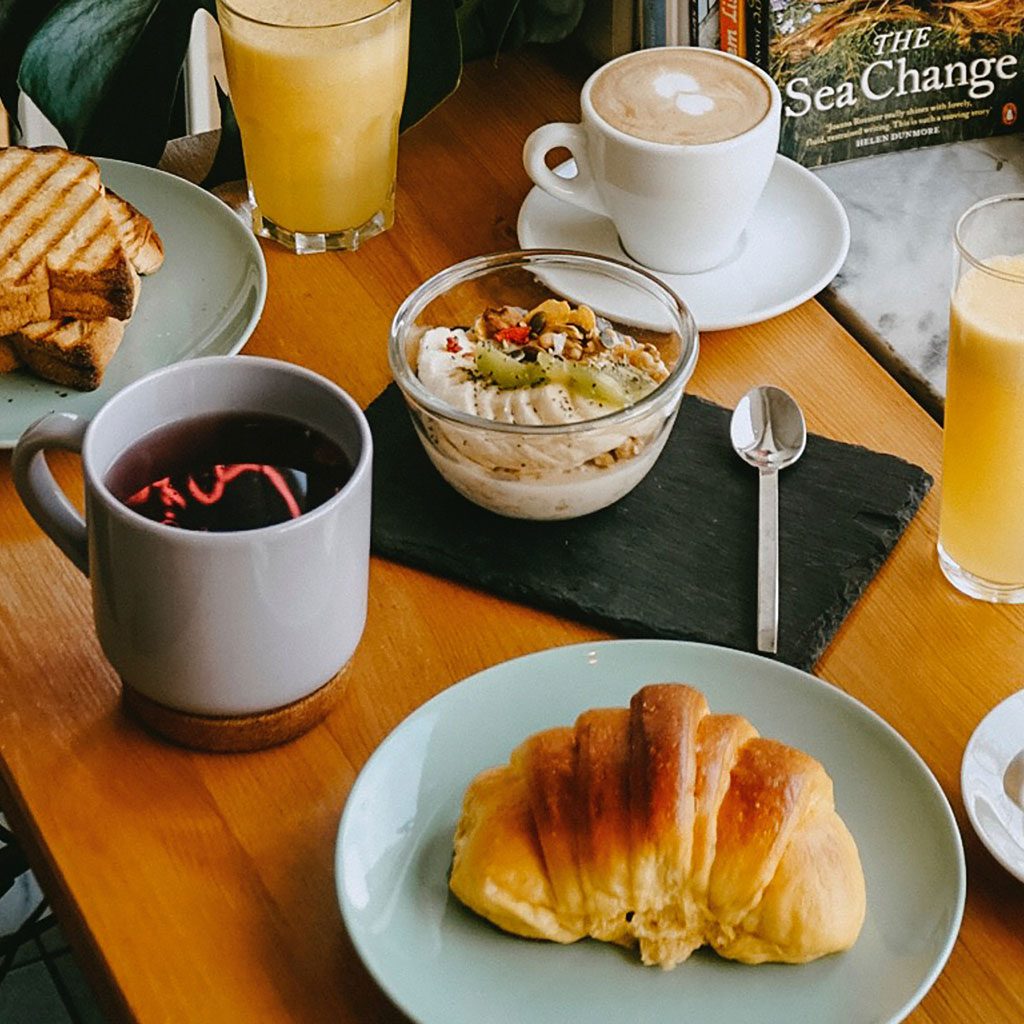Introduction: Unveiling the Alchemy of Boiled Eggs
Boiling eggs may seem like a simple kitchen task, but when approached with a scientific mindset, it becomes a fascinating exploration of culinary chemistry. As a former biomedical researcher turned culinary school instructor, I have always been drawn to the intersection of food and science. In this article, we will delve into the intricacies of boiling eggs, uncovering the secrets behind achieving the perfect texture and flavor. Join me on this journey of egg-cellent culinary chemistry!
Ingredients
- 4 fresh eggs
- Water
- Salt (optional)
- Vinegar (optional)
Instructions
- Place the eggs in a saucepan and cover them with cold water, ensuring they are submerged by at least an inch.
- For soft-boiled eggs, bring the water to a gentle boil over medium heat. For hard-boiled eggs, bring the water to a rolling boil.
- Once the water reaches the desired temperature, reduce the heat to maintain a steady simmer.
- Cook the eggs for 4-6 minutes for soft-boiled eggs and 9-12 minutes for hard-boiled eggs, depending on your preference.
- Once cooked, transfer the eggs to a bowl of ice water to stop the cooking process and make peeling easier.
- Peel the eggs and enjoy them as is, or incorporate them into your favorite dishes.
Nutritional Information
- Per serving: 70 calories, 5g fat, 6g protein, 0g carbs
Cooking Tips and Tricks
- Adding a splash of vinegar to the water can help prevent the eggs from cracking during cooking.
- For easier peeling, use eggs that are a few days old rather than fresh eggs.
- Experiment with different cooking times to achieve the desired consistency of the yolks, from runny to fully set.
Historical Insight
Boiled eggs have been a staple of diets around the world for centuries, with historical cookbooks showcasing various methods of preparation. In ancient Roman times, eggs were boiled in hot springs, while in medieval Europe, they were often cooked in broths or served pickled. The simple act of boiling an egg has evolved over the years, reflecting changes in culinary tastes and techniques.
Conclusion
As you embark on your own culinary journey with boiled eggs, remember to embrace the science behind the process. By understanding the principles of cooking, you can elevate even the simplest of dishes to gourmet levels. I encourage you to experiment with different cooking times, ingredients, and techniques to discover your perfect boiled egg. Share your experiences, questions, and suggestions with our community of food enthusiasts, and let’s continue to explore the art and science of cooking together.







